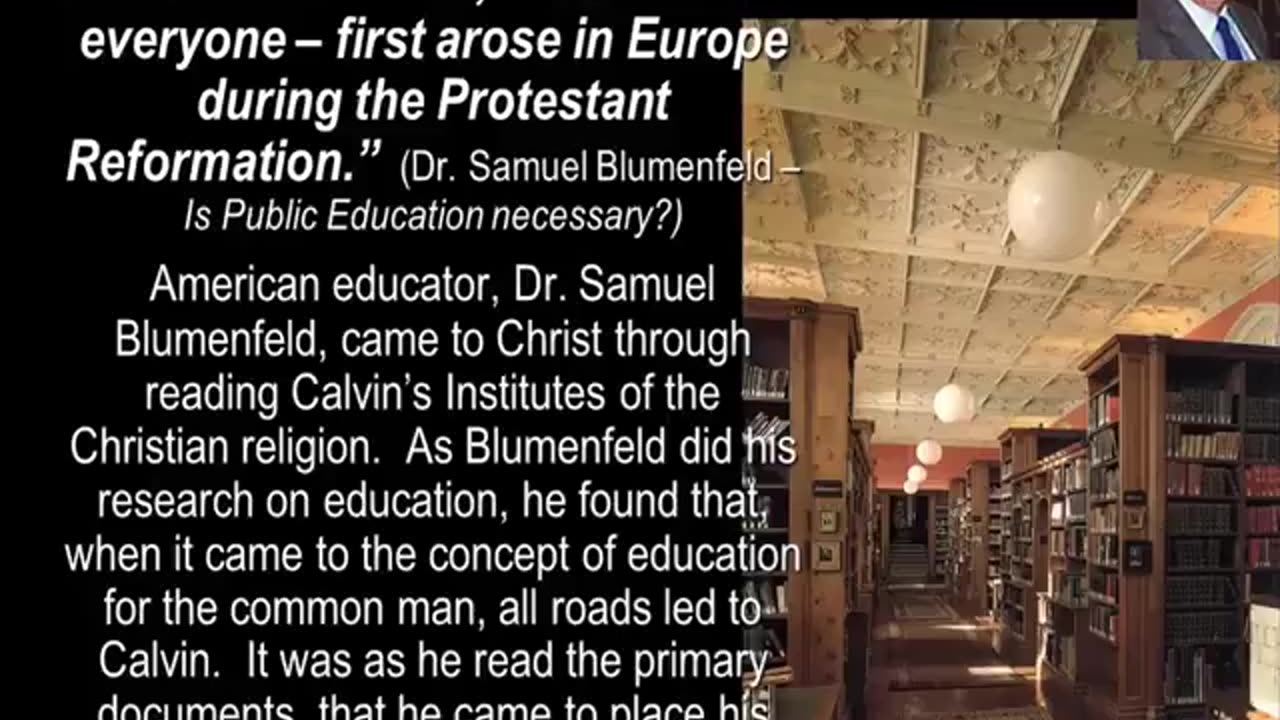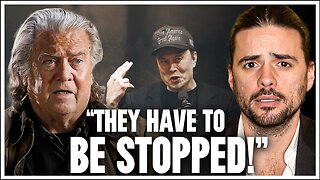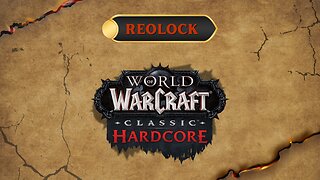Premium Only Content

Peter Hammond: How the Reformation Changed the World
Martin Luther posted his 95 Theses on the door of his church on October 31, 1517.
The Reformation and Science
Modern Science as a discipline is a fruit of the Reformation. As Francis Bacon, the father of the scientific method, once put it: "There are two books laid before us to study; to prevent us falling into error; first, the volume of the Scriptures which reveal the will of God; then the volume of the Creatures, which express His power."
Historian Robert G. Frank points out: "The predominant forms of scientific activity can be shown to be a direct outgrowth of a Puritan ideology."
The great astronomer Johannes Kepler (1571 - 1630), the founder of Celestial Mechanics declared: "My wish is that I may perceive the God whom I find everywhere in the external world in like manner within me." Kepler was a "brilliant mathematician and astronomer, he contributed to the scientific revolution with his work on the planetary orbits, laws of motion and the scientific method. Kepler's accomplishments formed the foundation of modern theoretical astronomy."
Kepler saw astronomy as a glimpse of God's glory. Kepler argued: "Truth in religion is based on the Word of God in Scripture, while truth in natural science is based on evidence and reason." Kepler viewed all of science as man attempting to "think God's thoughts after Him." Kepler was the father of the modern satellite, and of modern space travel.
The Reformation and Education
The phenomenon of education for the masses has its roots in Christianity. Christianity is a teaching religion. The greatest universities worldwide were started by Christians in fulfilment of the Great Commission of our Lord Jesus Christ.
The roots of education for the common person goes back to the Reformation, and, especially, to John Calvin. "The modern idea of popular education - that is, education for everyone - first arose in Europe during the Protestant Reformation." (Dr. Samuel Blumenfeld - Is Public Education necessary?)
Free Enterprise and the Work Ethic
Along with some of the greatest art and literature, the Reformation brought about the greatest industrial advances and prosperity ever experienced in history.
The Protestant work ethic, which helped to bring about great prosperity in Western Europe and North America, arose mostly through the Protestant Reformers - particularly John Calvin. "The most dynamic businessmen were to be found in Protestant Holland and the most vigorous industrial growth in Protestant England, both states heavily tinctured with Calvinism." (Historian Richard Dunn).
-------------------
Posted for educative purposes under THE FAIR USE NOTICE: These Videos may contain copyrighted (© ) material the use of which has not always been specifically authorized by the copyright owner. Such material is made available to advance understanding of ecological, political, human rights, economic, democracy, scientific, moral, ethical, and social justice issues, etc. It is believed that this constitutes a 'fair use' of any such copyrighted material as provided for in section 107 of the US Copyright Law. In accordance with Title 17 U.S.C. Section 107, this material is distributed without profit to those who have expressed a prior general interest in receiving similar information for research and educational purposes. For more information go to: http://www.law.cornell.edu/uscode "Copyright Disclaimer Under Section 107 of the Copyright Act 1976, allowance is made for "fair use" for purposes such as criticism, comment, news reporting, teaching, scholarship, and research. Fair use is a use permitted by copyright statute that might otherwise be infringing. Non-profit, educational or personal use tips the balance in favor of fair use." Disclaimer: 17 Notwithstanding the Provisions of Sections 17 U.S.C. @ 106 and 17 U.S.C. @ 106A, the Fair Use of a Copyrighted work for Educational Purposes- Not For Profit-Non-Commercial.
-------
-
 32:34
32:34
hickok45
7 hours agoSunday Shoot-a-Round # 268
8.81K8 -
 27:33
27:33
The Finance Hub
17 hours ago $6.33 earnedBREAKING: ALINA HABBA JUST DROPPED A MASSIVE BOMBSHELL!!!
28.6K58 -
 40:23
40:23
PMG
21 hours ago $0.62 earnedHannah Faulkner and Dr. Michael Schwartz | EXPOSING BIG PHARMA
16.2K1 -
 18:55
18:55
GBGunsRumble
19 hours agoGBGuns Range Report & Channel Update 15FEB25
11.5K -
 13:31:32
13:31:32
iViperKing
20 hours agoGood Times + Good Energy Ft. Whez.. #VKGFAM #RRR
99.2K13 -
 12:24
12:24
Winston Marshall
1 day agoWOAH! Bannon just Revealed THIS About MUSK - The Tech-Right vs MAGA Right Civil War Ramps Up
225K309 -
 7:33:46
7:33:46
Phyxicx
19 hours agoRaid & Rant with the FF14 Guild on Rumble! Halo Night just wrapped up! - Go Follow all these great guys please! - 2/15/2025
151K4 -
 10:42:19
10:42:19
Reolock
21 hours agoWoW Classic Hardcore (LVL 60) | RAID DAY | Rumble FIRST HC Raid
97.3K5 -
 3:10:03
3:10:03
Barry Cunningham
19 hours agoTRUMP WEEKEND BRIEFING! MORE WINNING...MORE LEFTIES LOSING IT!
88.7K43 -
 2:20:09
2:20:09
Tundra Tactical
18 hours ago $3.86 earnedIs Trumps Executive Order A Second Amendment Wishlist???: The Worlds Okayest Gun Live Stream
59.1K2